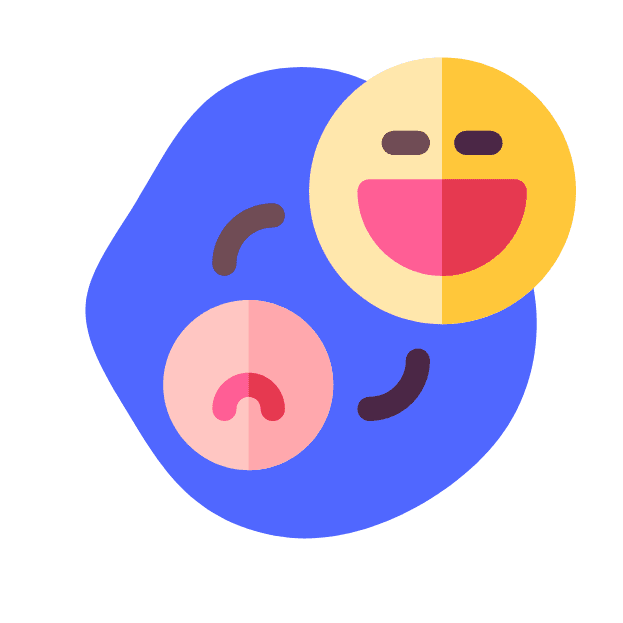
Have you ever made a New Year’s resolution??
Most people have. Whether you promised yourself that you’d quit smoking, start jogging, or save a few grand over the coming year, you probably woke up January 1 brimming with confidence and enthusiasm.
But did it last? If you’re like most of us, not really. Bit by bit, your eagerness faded. You failed once, and then twice, and pretty soon you stopped trying altogether.
One of the problems with the way we approach change is that we focus on willpower and self-discipline. The problem with focusing on self-control is that it overlooks the importance of habits.
There’s research to back this up. One study examining self-control enrolled over a hundred teenagers in a meditation retreat. At the end of their five days of meditation, researchers asked the participants about how much they planned to meditate in the future. Some said less, some more.


As you might guess, teens with the highest self-control were the most likely to meet their meditation goals. No surprise there. But what is interesting is how they met their goals.
Researchers discovered that the students who met their goals didn’t do it by continuously exerting their high self-control. The difference was that meditation quickly became automatic for them. In other words, they were just quick to form habits.

Improving our habitual actions is vital, then, and there are three key factors to keep in mind: rewards, repetition, and our environment.
There’s one other key factor in helping habits to grow: rewards.
The idea that rewards can make a habit stick is actually grounded in recent neuroscientific research. That’s because dopamine, a neurotransmitter crucial to the experience of reward, plays an essential role in forming habits.
In order to form a habit, you need to experience a sense of reward.
Form habits which increase your happiness and repeat them, rewards and make your environment suitable for them!


Give your life a happiness makeover!
Our exclusive courses includes tips and tricks from real life experiences to help you transform every part of your life for happiness.
